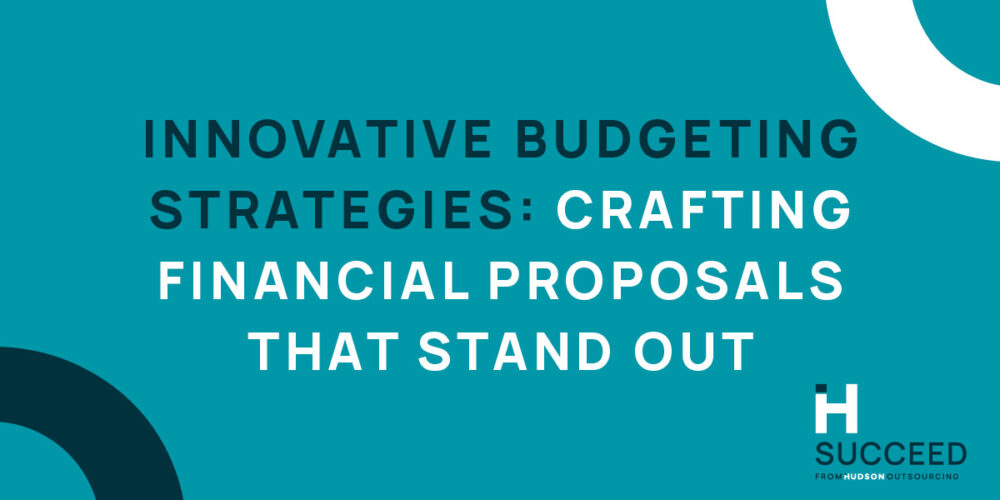An expert guide to e-tendering
Last updated: Dec 17, 2021 @ 1:58 pm
In the majority of cases today, the procurement procedure occurs online in a process known as “e-tendering.”
In this process, the buyer publishes details of an opportunity online and interested suppliers bid for the work. They do this by submitting their proposals either via hundreds of online portals or directly, via email.
The idea of e-tendering is that this will help the process become easier, clearer, more transparent and accessible.
So how does e-tendering work?
Procurement might seem like a confusing tender process. However, in theory, the transition to online is supposed to streamline the process.
In simple terms, a purchasing organisation (“the buyer”) uploads all relevant documentation including;
- submission instructions
- assessment questions
- evaluation criteria
- a list of requirements set out in a specification
- a contract
- a form of tender
- non-collusion certificates and other such files.
Next, suppliers register on the relevant portal and send their expression of interest to the buyer. This then allows them access to the documentation, which they then can download.
Supplier bids/proposals can then be submitted electronically, often without the need for printing (except in some cases where a wet signature is needed).
Submitted bids can then be edited/amended by suppliers. Theoretically, this can be done a limitlessly until the tender deadline.
So what are the key benefits?
So, why the move to a paperless procurement process?
Well, E-tendering can help both purchasing and bidding organisations improve issues of;
- efficiency
- speed
- thoroughness
- and effectiveness
Having a secure online platform where documents can be distributed, amended and submitted can help to streamline the procurement process. The aim is to save time, money and other resources.
Some further key benefits are as follows:
-
Clarity and certainty
Keeping the process exclusively online provides an electronic witness to all transactions. This prevents disputes later down the line if, for example, one party claimed to not have received certain key information or to have been conflicting information. Indeed, online procurement gives a transparent audit trail.
We have had many clients in the past complaining that buyers haven’t sent them key information, which has then had a detrimental effect on their submission. However, without an ability to prove that such key information wasn’t received, what turned out to be a postal error, in fact, cost the client dearly in the quality aspect of their submission.
-
Delays
Automating the procurement process prevents delays in postage and packaging, for example, doing away with the need for suppliers to wait days for instructions to arrive in the post.
Moreover, suppliers can theoretically submit bids until the very last minute, rather than having to factor in additional time prior to the deadline for posted documents to actually reach the purchasing organisation. Although we always recommend submitting well before the deadline, you don’t want to get caught short with a system error with one minute to go!
-
Speed
Online procurement platforms make for faster and more efficient communication, saving precious time. For example, when a supplier asks a query on the tendering portal they will typically only have to wait a day or so for a response and sometimes this can be as little as a few minutes.
Moreover, the online submission process dispenses with the need to print, bind and fill in bids manually, which may potentially involve several rewrites if this is by hand and in the event that mistakes are made, making the proposal creation and editing process much more laborious.
It is estimated that on average, the e-tendering process reduces the time-to-procure by 30%, meaning lower overheads. It is worth noting, however, that the editing process is still extremely important and should not be overlooked even when submitting online. Check out our Tender VLE video on proofreading for more hints, tips and information on the editing process!
-
Cost
Paper, printing, ink and copying costs are totally eliminated by having a virtually paperless procurement process.
It is easy to detect the alteration of documents, ensuring that all bids are submitted in exactly the required format.
The exchange of information is faster and more reliable.
A standardised and automated process makes the comparison and evaluation easier.
Are there any disadvantages?
Whilst e-procurement does provide a faster, more reliable and cheaper way of tendering for contracts, it is important to note that it is not without its flaws. Challenges and problems that may be encountered by not using a traditional paper-based method can include:
-
Integrity
The ease with which documents can be distributed and access can also present a risk to the integrity of the system.
-
Security
There is a need for security features, such as password protection, verification emails and encryptions. This is required to ensure that confidential documents cannot be accessed by unauthorised parties.
-
System failures
If multiple suppliers are trying to submit bids online at the last minute, this could cause delays or disruption to the system. There have been numerous occasions when systems have crashed or frozen at the last moment. This has resulted in bids being submitted too late, incomplete or even rejected.
We know it can sometimes be difficult to manage online submissions. This is especially the case when handling multiple at bids at the same time. All too often we hear horror stories from clients who have rushed to submit bids at the last minute and faced frozen or crashed websites.
If you’re struggling to manage your bids or just need a little advice, look no further than Tender VLE. This is our dedicated (and free!) online, learning environment to help you with your tendering efforts. Check out our “Time Management” video for advice and tips on how to avoid the last-minute rush.
Conclusion
If you’re interested in the benefits and revolutionary potential of the procurement process’ move online, then you will love Procure Smart. Currently, in development, the system will be an innovative regulatory compliance solution that uses AI to ensure efficiency in the procurement process.
Procure smart will use innovative AI technologies to improve UK procurement practice in line with the regulatory requirements. The system will use innovative technologies to maximise efficiency in procurement, making the process fairer and more accessible for buyers and suppliers, decreasing the monopoly of larger corporations.
Our aim is to have the UK at the forefront of international procurement. We will do this by using innovative technology and better ways of working. Watch this space for a clickable prototype of Procure Smart.
Need a little help?
Many of the online procurement portals can be difficult to understand and navigate through. They often require a lot of practice to avoid making reasonably serious mistakes such as deleting files and accidentally submitting bids rather than saving them.
For help and support with bid management and the e-tendering process, or writing winning bids contact our Bid Writers at Hudson Succeed today!
Find more helpful tips and advice in our blogs. We cover topics including:





